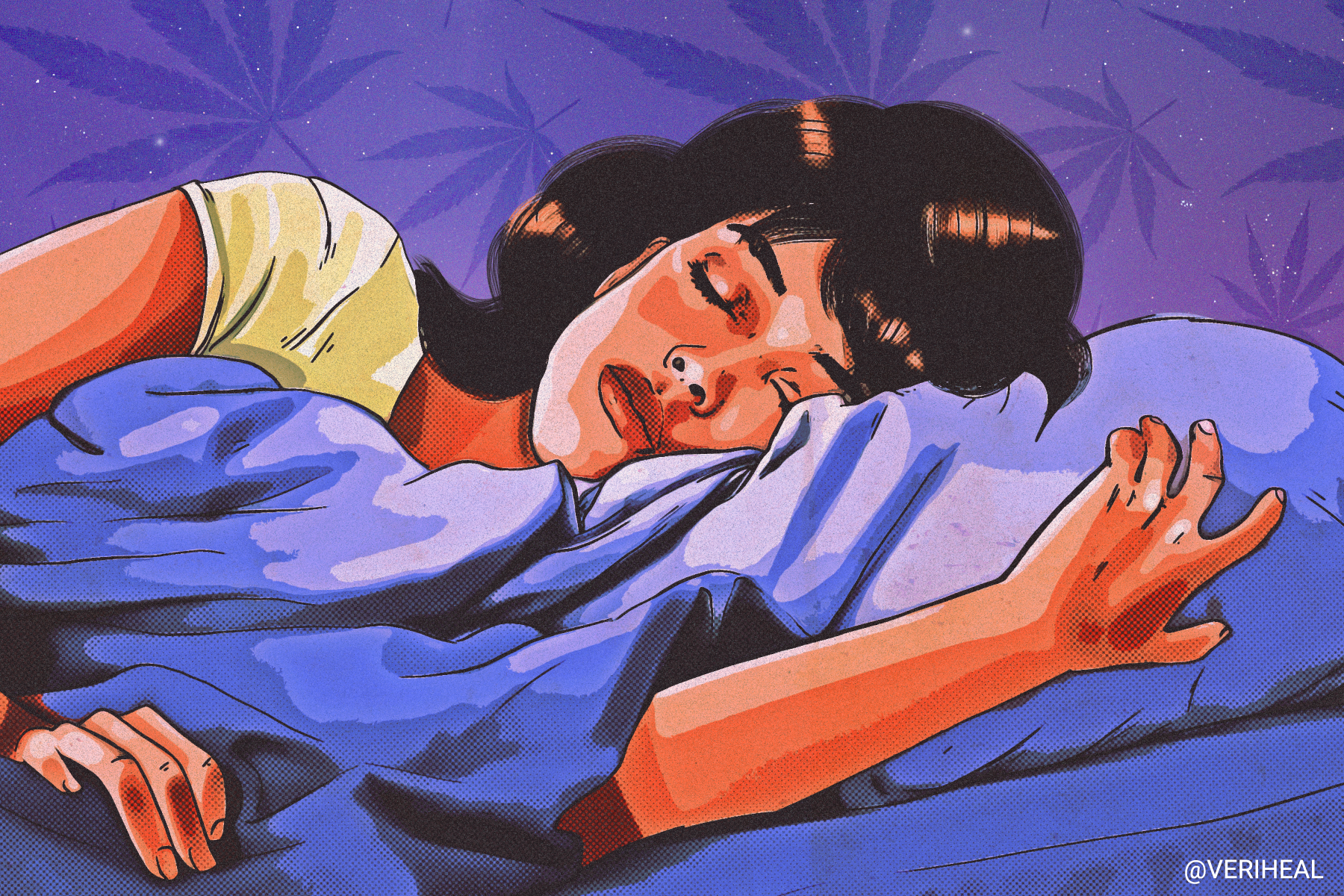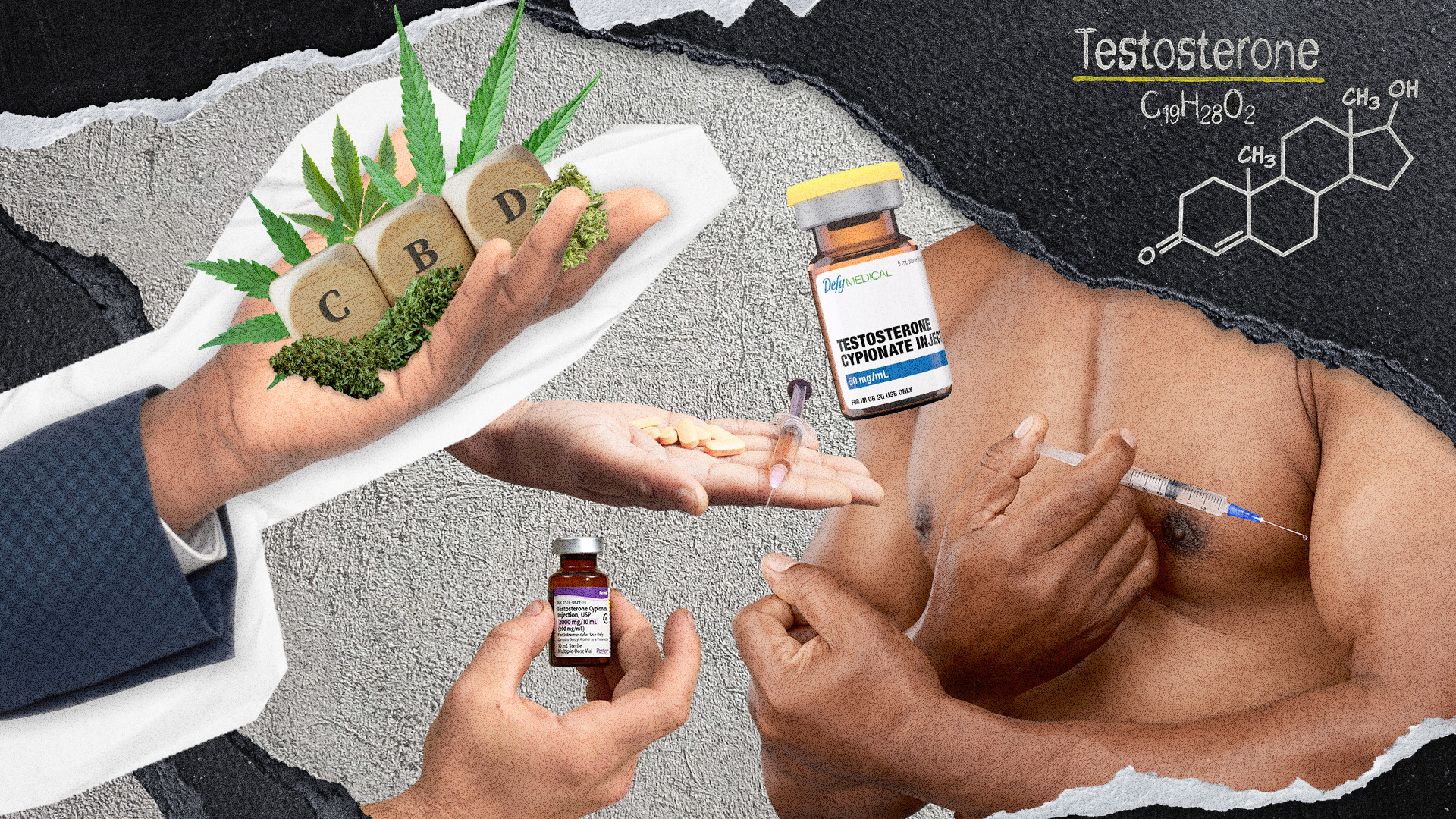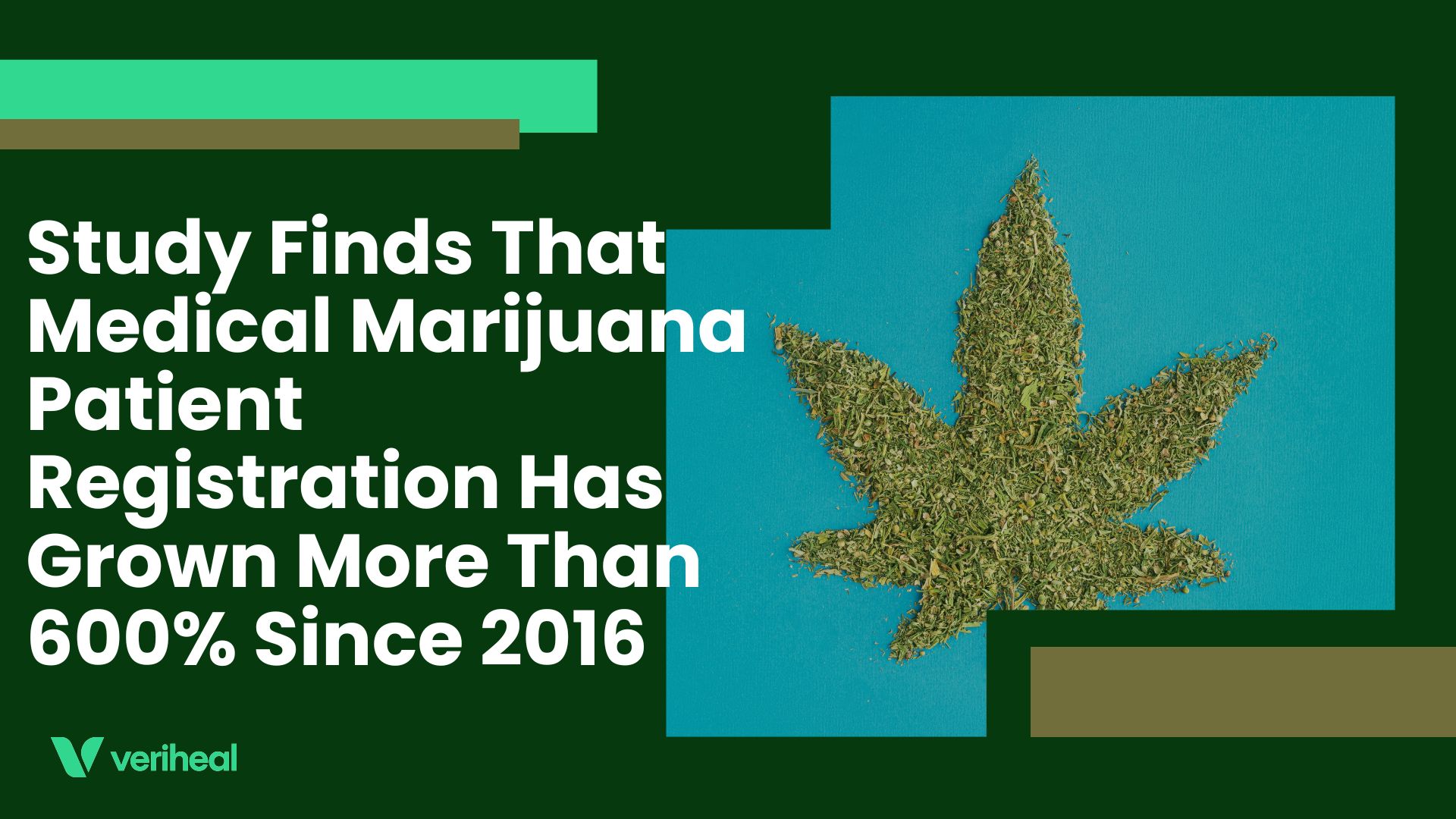Humans come in all shapes and sizes, but there’s one particular thing that we all have in common—we rely on sleep for optimum health and well-being. Aside from helping to maintain a strong immune system, a consistent sleep pattern can also contribute to weight control, steadier blood sugar, a healthier heart, and enhanced mood.
This is good news for cannabis consumers since a team of Canadian investigators recently revealed that insomniacs reported improvements in their sleep patterns after cannabis consumption. Published in the Journal of Medical Internet Research, the fresh data suggests that the cannabinoids found in cannabis, such as THC and CBD, may have potential as a treatment for sleep deprivation.
Titled “The Use of Cannabinoids for Insomnia in Daily Life: Naturalistic Study,” this investigation reaffirms the findings of previous discoveries exposing the natural substance’s ability to restore natural sleep cycles.
Treating Insomnia With Cannabinoids
After teaming up with McMaster University in Ontario, the sleep study’s research team analyzed cannabis consumption use trends in 991 people who identified themselves as insomniacs. All of the study subjects self-administered cannabis products from the comfort of their own home.
After consuming cannabinoids for insomnia, the participants utilized a mobile software application to report any symptomatic changes in real-time. The investigators assessed report findings from more than 24,000 cannabis consumption sessions, which were input into the application over three years that stretched from February 2017 to February 2020.
Why You Should Get Your Medical Marijuana Card
Veriheal has satisfied millions of patients nationwide by giving them access to these benefits
- Larger purchase limits
- Peace of mind
- Enhanced legal protection
- Access to higher potency strains
- Save up to 25% on cannabis purchases
- Skip the line at the dispensary
“[The] results from this large naturalistic sample of medicinal cannabis users who tracked their insomnia symptoms before and after cannabis use suggest significant improvements in insomnia symptoms,” wrote the researchers. While all of the consumed cannabis strains delivered promising results for the management of insomnia, indica-dominant and hybrid strains appeared to be more sleep-friendly than CBD-heavy and sativa-dominant strains.
The team concluded that the observed improvement in insomnia symptoms demonstrates the cannabis plant’s suitability as a treatment option. However, more research and randomized placebo-controlled trials must be conducted to support more customized treatment plans for those suffering from insomnia.
Previous Research on Cannabis and Sleep
The findings of the university’s study into cannabis for insomnia are congruent with the outcome of a 2018 study investigating people who consumed herbal cannabis before sleep. According to the results, each cannabis consumer “experienced a statistically and clinically significant improvement (4.5 points on a zero to 10-point scale) in perceived insomnia levels.”
A literature review of existing research suggested that CBD specifically may hold therapeutic potential for the treatment of insomnia. In particular, this review highlighted how the non-psychoactive cannabinoid could hold promise for REM sleep behavior disorder and excessive daytime sleepiness.
Another study titled “Cannabinoid therapies in the management of sleep disorders” also delivered promising preliminary evidence into cannabinoid therapies among people who suffer from nightmares caused by post-traumatic stress disorder (PTSD), rapid eye movement (REM) sleep behavior disorder, restless leg syndrome, narcolepsy, and sleep apnea.
It’s not yet proven whether CBD, THC, or a combination of the cannabinoids is more ideal for sleep, but the researchers who conducted the latest study note that their findings provide logical grounds for future research. “There is a clear need for further investigations on the safety and efficacy of cannabinoid therapies for treating sleep disorders using larger, rigorously controlled, longer-term trials,” they stated in the report.
Author, Share & Comments















